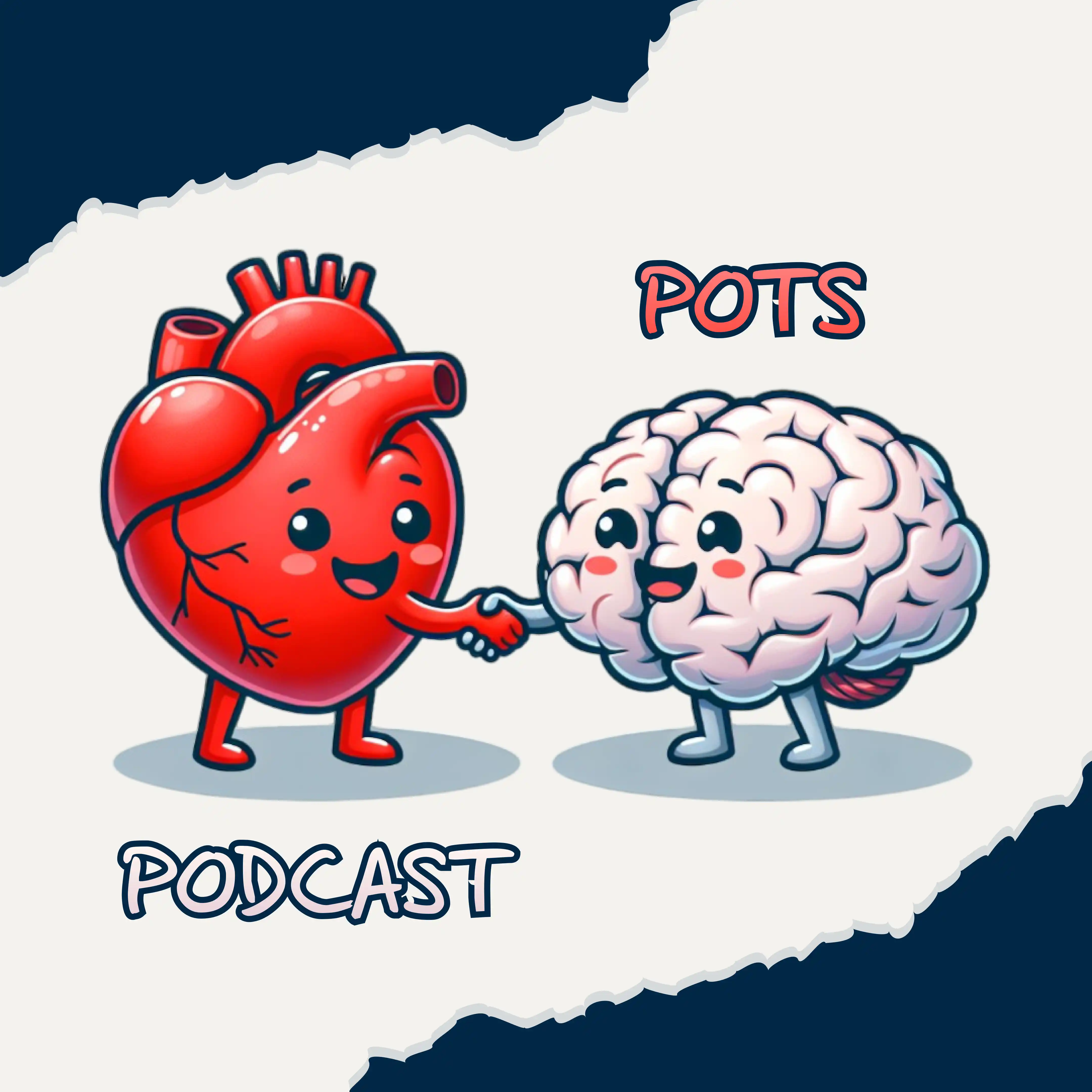
Building a Complete Brain Recovery Center for POTS and Complex Neurological Conditions
Dr. Joseph Schneider shares his evolution from traditional chiropractic care to establishing the Hope Brain and Body Recovery Center, a comprehensive regenerative medicine facility specializing in Postural Orthostatic Tachycardia Syndrome (POTS) and brain injury recovery. With 37 years of experience treating thousands of patients, Dr. Schneider explains how his center combines functional neurology, advanced brain scanning technology, and regenerative therapies to address the root causes of neurological dysfunction. He discusses the rise in young patients with brain injuries from COVID and vaccine-related cytokine storms, and how his team uses cutting-edge tools like neurofeedback, eye movement analysis, and metabolic testing to create personalized treatment plans. Drawing from his own journey through multiple traumatic brain injuries and a hemorrhagic stroke, Dr. Schneider offers hope to patients struggling with conditions that mainstream medicine often fails to address. The episode explores how proper evaluation of the entire nervous system, combined with functional medicine testing and targeted therapies, can help restore brain function and improve quality of life. This is essential listening for anyone dealing with POTS, dysautonomia, or complex neurological symptoms seeking alternative treatment approaches. Connect with Dr. Joseph Schneider: Website: Hope Brain and Body Recovery Center LinkedIn: Joseph Schneider YouTube: hopebrainbodyrecoverycenter Instagram: @hopebraincenter_ Facebook: Hope Brain and Body Recovery Center
Description:
Dr. Joseph Schneider shares his evolution from traditional chiropractic care to establishing the Hope Brain and Body Recovery Center, a comprehensive regenerative medicine facility specializing in Postural Orthostatic Tachycardia Syndrome (POTS) and brain injury recovery. With 37 years of experience treating thousands of patients, Dr. Schneider explains how his center combines functional neurology, advanced brain scanning technology, and regenerative therapies to address the root causes of neurological dysfunction. He discusses the rise in young patients with brain injuries from COVID and vaccine-related cytokine storms, and how his team uses cutting-edge tools like neurofeedback, eye movement analysis, and metabolic testing to create personalized treatment plans. Drawing from his own journey through multiple traumatic brain injuries and a hemorrhagic stroke, Dr. Schneider offers hope to patients struggling with conditions that mainstream medicine often fails to address. The episode explores how proper evaluation of the entire nervous system, combined with functional medicine testing and targeted therapies, can help restore brain function and improve quality of life. This is essential listening for anyone dealing with POTS, dysautonomia, or complex neurological symptoms seeking alternative treatment approaches.
Connect with Dr. Joseph Schneider:
Website:Â Hope Brain and Body Recovery Center
LinkedIn:Â Joseph Schneider
YouTube:Â hopebrainbodyrecoverycenter
Instagram: @hopebraincenter_
Facebook:Â Hope Brain and Body Recovery Center



Comments